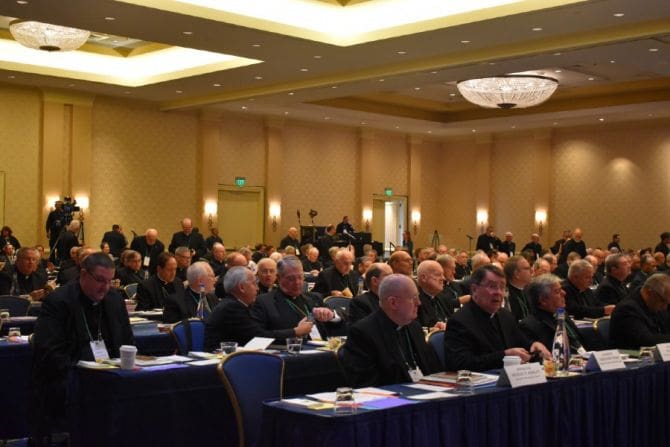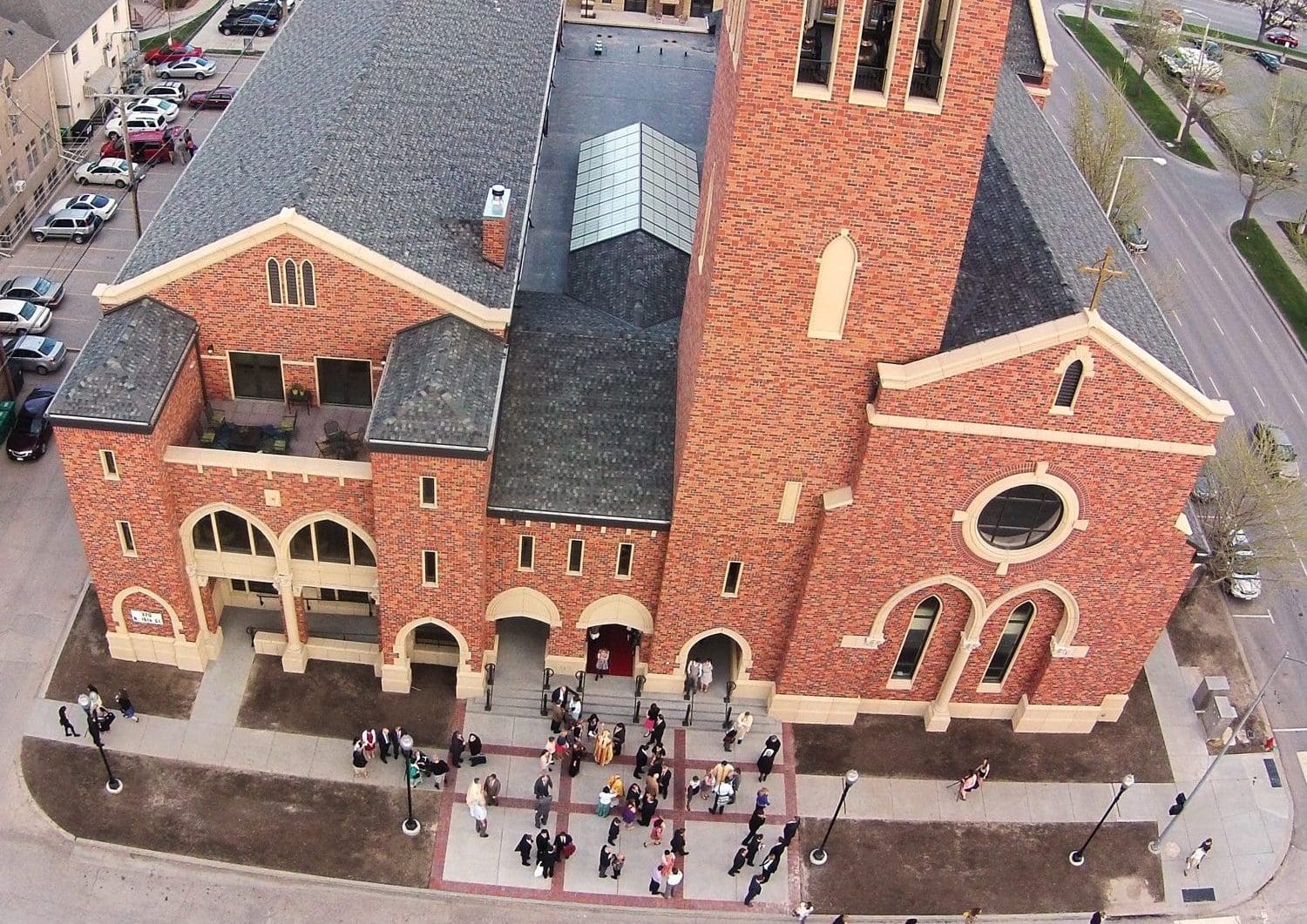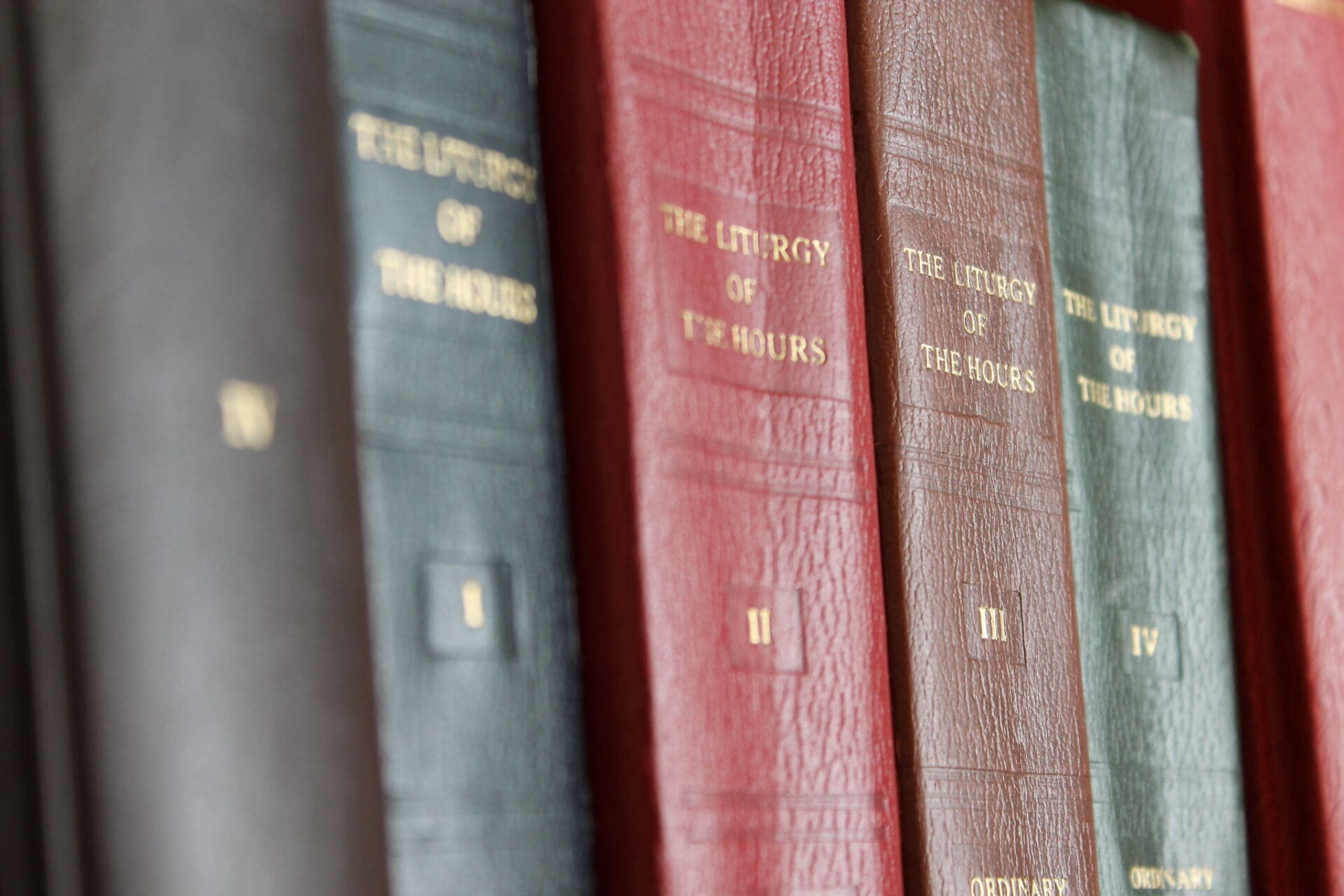WASHINGTON, D.C (CNA)—The U.S. Conference of Catholic Bishops voted to move forward on several action items, including a draft of a teaching document on the Eucharist.
Meeting virtually for their annual spring general assembly, June 16-18, the U.S. bishops voted on the second day of the meeting to begin drafting “a formal statement on the meaning of the Eucharist in the life of the Church.” The vote took place after extensive and, at times, spirited debate on Wednesday and Thursday, with some bishops opposing the move to begin drafting the document.
Bishops supporting the vote to draft a document on the Eucharist cited the need for providing clarity and catechesis on the matter, citing polls showing a lack of belief in the Real Presence among Catholics. They argued that all Catholics—including Catholic politicians—must be aware of the Church’s teaching on worthiness to receive Communion.
Bishop Kevin Rhoades of Fort Wayne-South Bend, chair of the doctrine committee which proposed drafting the document, explained the committee’s reasoning behind the proposal June 17.
Saying the document was the “subject of misunderstanding and even mischaracterization,” he said that bishops had been concerned about a “downward trend” in Mass attendance and a decline in faith among Catholics, coupled with a widespread move to “spiritual communion” and virtual Masses during the recent pandemic.
“We are all concerned about the faithful’s absence from parish life,” he said, warning that many Catholics might not return to Mass in the coming months. Rhoades cited surveys to make his point. According to a 2019 report by the Pew Research Center, only 31% of Catholics surveyed said they believed in the Real Presence of Christ in the Eucharist.
While the document does address worthiness to receive Communion, he said, it is not meant to be about one individual or one particularly bad action, but rather a “heightened” awareness of the need for Catholics to be conformed to the Eucharist.
Other bishops opposed the move to draft such a document. Some argued that in addressing worthiness to receive Communion—especially among pro-abortion Catholic politicians—the bishops would be seen as partisan actors. Citing the current “political rancor,” Bishop Jaime Soto of Sacramento argued against drafting a document including a section on worthiness to receive Communion.
Archbishop Paul Etienne of Seattle expressed concern that the Eucharist, the “source of our life and charity and unity is now enmeshed in a conversation about politics, and that’s a very difficult place for us to be.”
Cardinal Wilton Gregory of Washington—Biden’s ordinary in the nation’s capital— expressed the need for unity and in-person dialogue. “The choice before us at this moment, is either we pursue a path of strengthening unity among ourselves, or settle for creating a document that may not bring unity, but may well further damage it,” he said.
Cardinal Blase Cupich of Chicago argued that it would be obvious the document would be referring to particular Catholic politicians and their worthiness to receive Communion.
“I don’t know how we get around that, if we pass on this document,” he said.
Bishop Robert McElroy of San Diego said that such a document would be divisive because it would be seen as political in stating the Church’s teaching on worthiness to receive Communion, especially among Catholics in public life. “We will invite all of the political animosities that so tragically divide our nation” into the Mass, he said, which would then become a “sign of division.”
Yet some bishops disputed that a document outlining Church teaching would bring about disunity. Archbishop Joseph Naumann of Kansas City in Kansas said he was “somewhat amused” by those bishops who warned the conference was “rushing” into such a debate. Worthiness to receive Communion is not just about abortion, he said, as politicians supporting other grave evils such as human trafficking or racism could also be unworthy to receive.
“It’s really some of our public officials” who prompted the debate about Communion by approaching the altar rail while supporting policies contrary to Church teaching, he said, not the bishops themselves. “Those who advocate for abortion no longer talk in the language of choice. They talk about it as a right,” he said, noting Biden’s support for taxpayer-funded abortion.
“We’re calling everybody to integrity, including those in public life,” he said.
Bishop Thomas Daly of Spokane said that “we can’t have unity if we’re not rooted in truth.” He responded to bishops’ calls to wait on considering the document until they can dialogue with each other and with politicians. “This call for dialogue: sometimes I wonder if the dialogue is meant not truly to listen, but to delay,” he said.
“All of us want what’s best for the people we serve,” he said, pointing to the “salvation of the souls.”
Bishop James Wall of Gallup stressed the need for clarity from the bishops on the Church’s teaching on the Eucharist. “I just make a plea on behalf of a poorer diocese,” he said.
“We rely upon the work of the conference,” he said, noting that a teaching document would be “very helpful to me, to my priests, to religious, to the lay faithful.”
“If the world really understood” the Real Presence, he said, bishops could double all Masses at parishes and still not have enough room for attendees.
Bishop Joseph Strickland of Tyler stressed the need for a connection between confession and Communion.
The measure passed by a vote of 168 to 55, with six abstentions. A simple majority was required for passage of the action item. The U.S. bishops’ doctrine committee will now lead the process of drafting the document, with input from other conference committees. A draft of the document could be ready to be debated, amended, and voted on by the bishops at their November meeting—which is currently planned to be held in-person in Baltimore, Maryland.
Results of voting for the various action items of the spring meeting were announced on June 18, the third and final day of the meeting. The bishops also authorized the development of a statement on Native American ministry, approved several liturgical translations, and approved a pastoral statement on marriage ministry.
They also held a canonical consultation on two causes of canonization, for Servant of God Father Joseph Verbis LaFleur, and Servant of God Marinus (Leonard) LaRue. The bishops voted overwhelmingly to “consider it opportune to advance on the local level” their causes of canonization.
The action items passed by a vote of 188 to 2 and 186 to 3 (with one abstention), respectively. The items required two-thirds of all Latin Church bishops present to vote in favor of approval.


